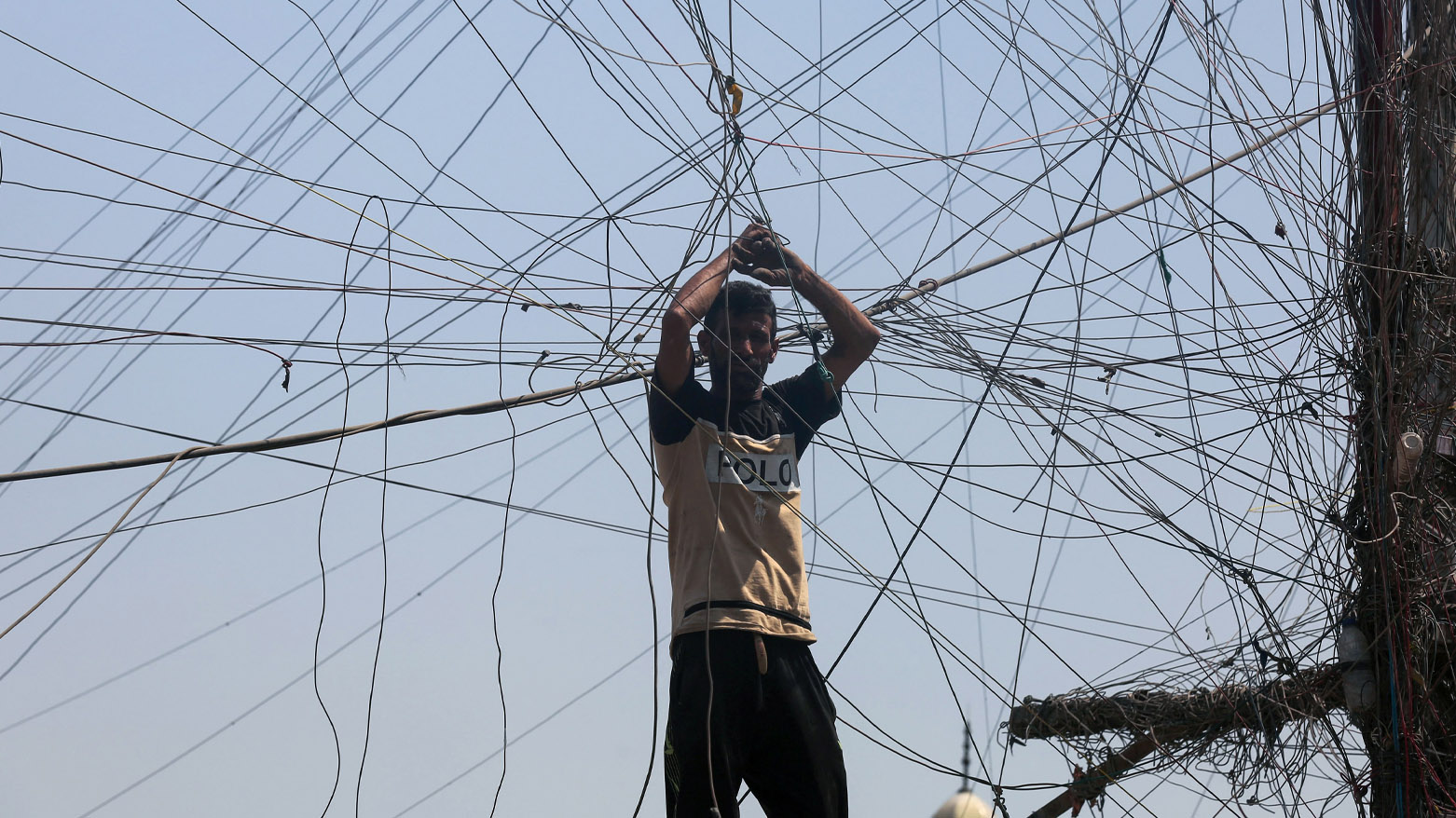Iraq Faces Intensifying Power and Water Shortages Amid Soaring Summer Temperatures
Ministry spokesperson Ahmed Musa revealed that Iraq has already lost 4,100 megawatts of power due to the decline in Iranian gas imports, which have dropped to 18 million cubic meters per day.

ERBIL (Kurdistan24) – As temperatures soar past 50°C with the arrival of summer, Iraq is facing mounting pressure on its electricity and water infrastructure, sparking widespread concerns and nighttime protests across several central and southern provinces.
Despite repeated assurances from the Ministry of Electricity about improvements in power generation, the national grid continues to fall short of meeting the daily needs of millions of Iraqis. The recent halt in Iranian gas exports — a consequence of U.S. sanctions and the inability to secure extended waivers for Iraq — has significantly deepened the power crisis at a time when demand is peaking.
To address the worsening situation, the Iraqi Minister of Electricity recently traveled to Turkmenistan in a bid to secure alternative gas supplies. Iraq is expected to import around 20 million cubic meters of gas during the summer and 10 million cubic meters in the winter.
Ministry spokesperson Ahmed Musa revealed that Iraq has already lost 4,100 megawatts of power due to the decline in Iranian gas imports, which have dropped to 18 million cubic meters per day. However, he expressed hope that imports would increase to 45 million cubic meters in June and 55 million in July.
“The electricity issue isn’t solely about gas imports,” Musa explained. “Iraq’s current production capacity is 22,500 megawatts. With a sufficient fuel supply, that could reach 26,000 megawatts — our technical limit. However, the real challenge is that Iraq needs more than 50,000 megawatts to meet the demands of households, public institutions, and the industrial sector.”
The situation has led to growing public frustration, with hundreds taking to the streets after sunset to protest recurring blackouts and water shortages. The government is now facing urgent calls to secure long-term energy solutions and reduce reliance on external fuel sources to prevent further strain on the national grid and safeguard the well-being of citizens amid extreme summer conditions.
